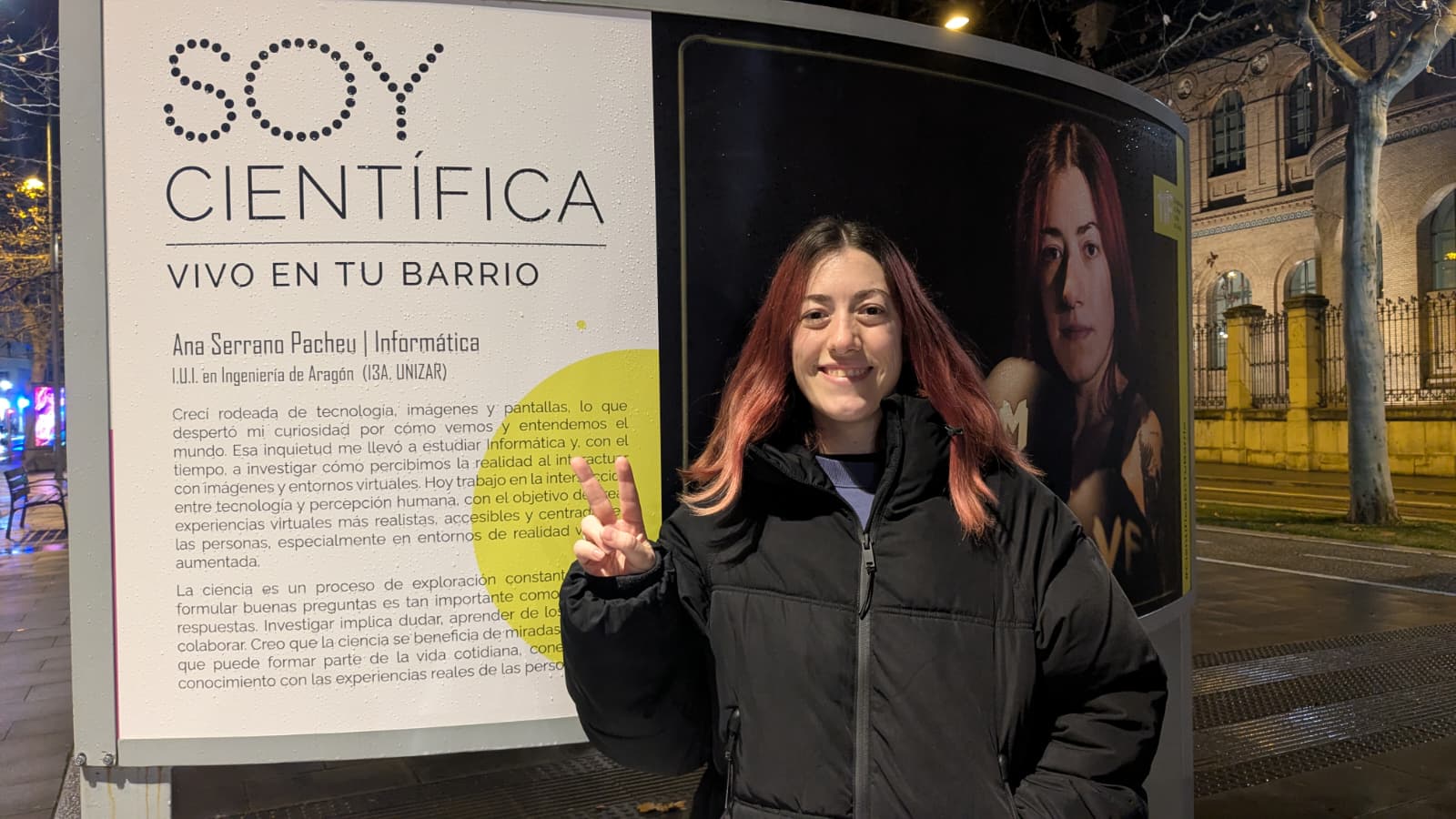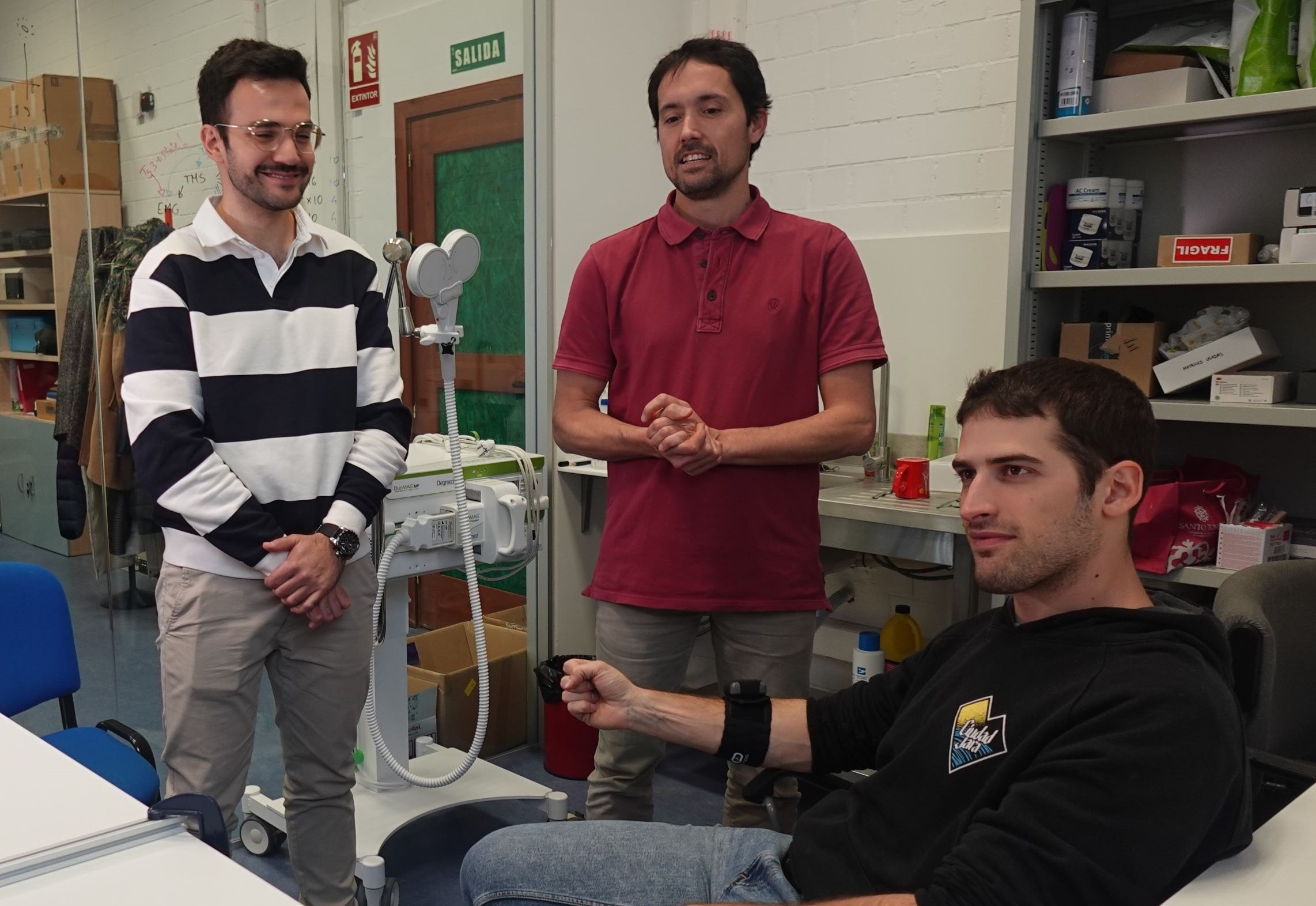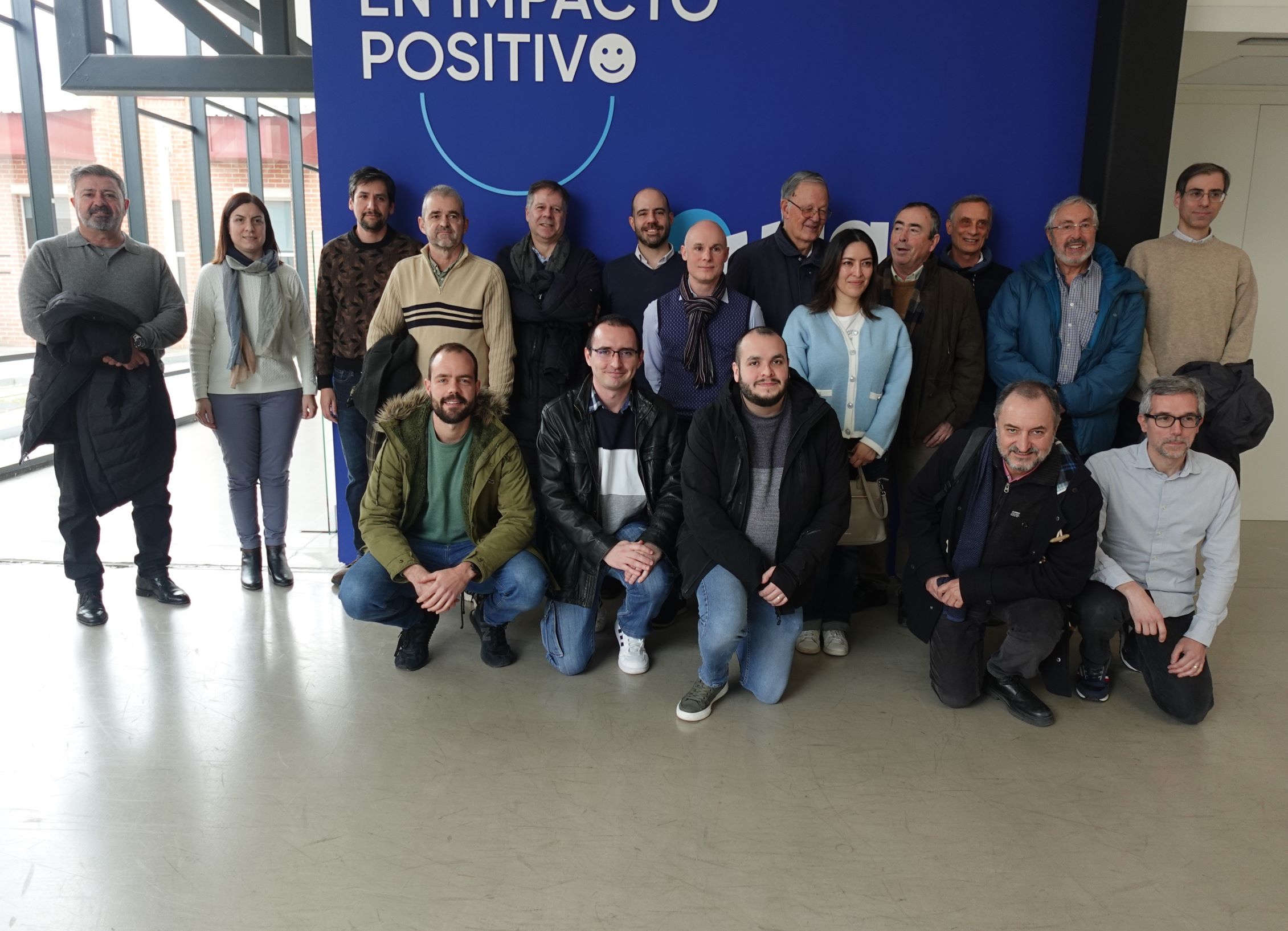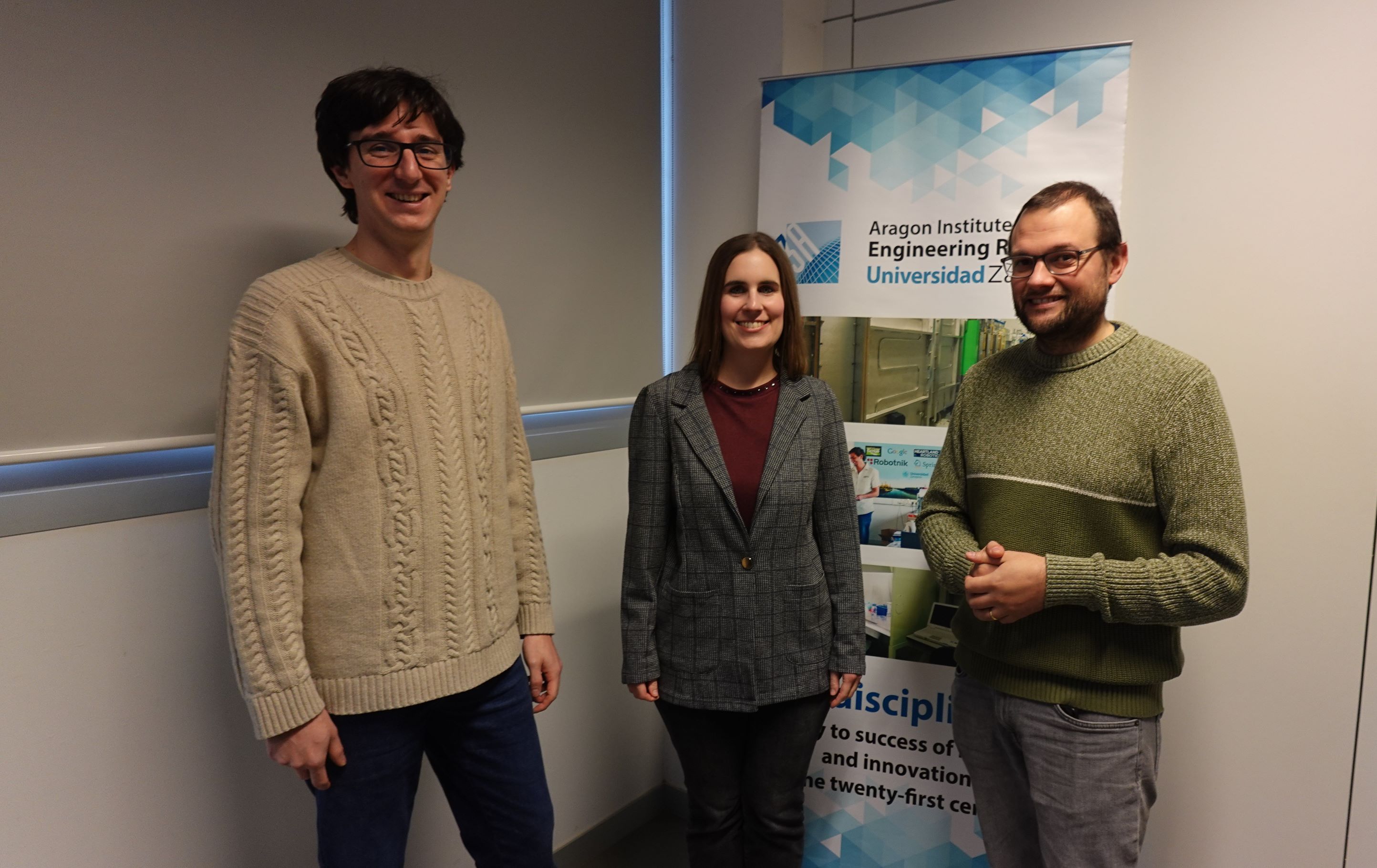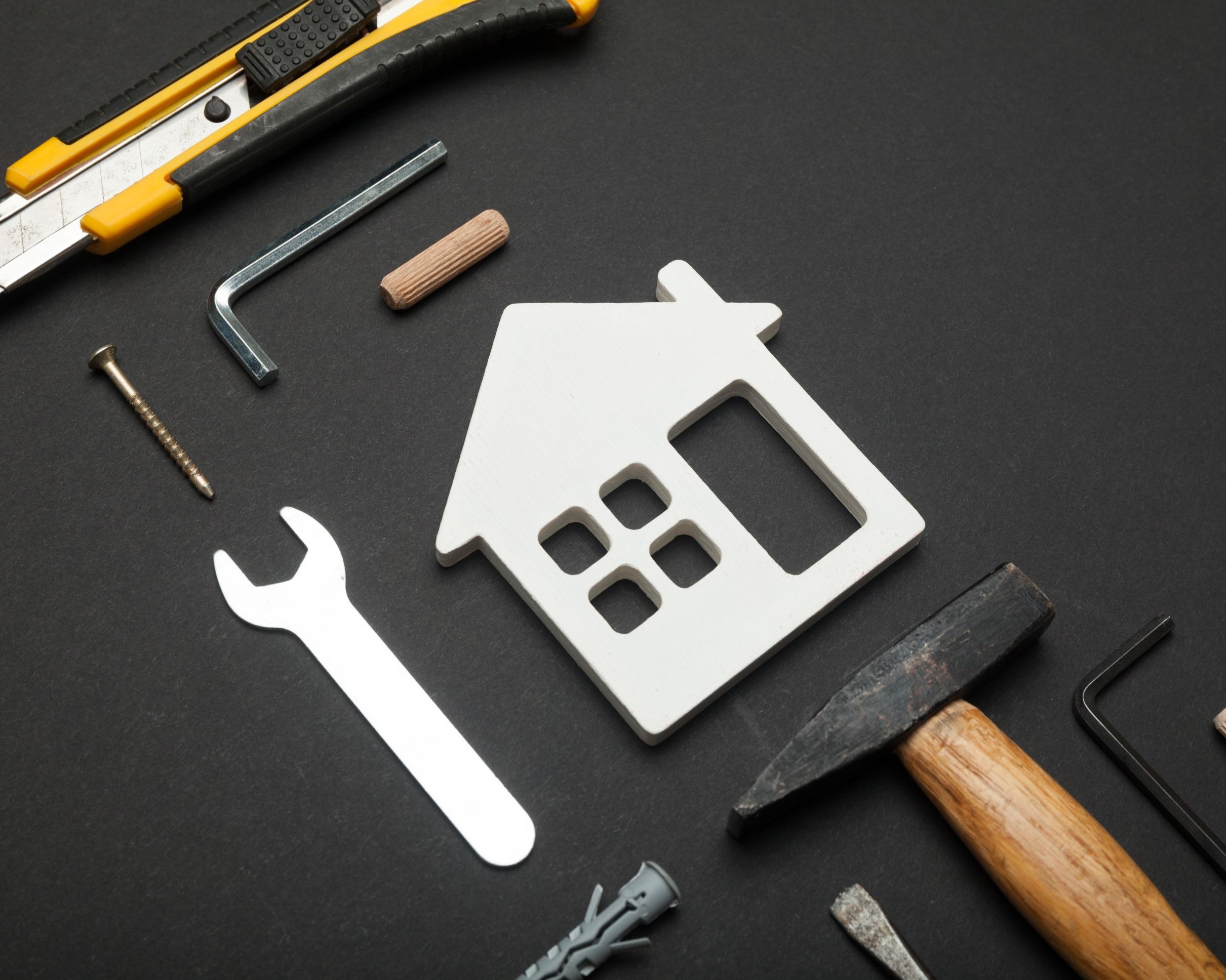
Repair is key in the Circular Economy. Fixing the products we consume prolongs their useful life, avoids premature disposal and reduces environmental impact. However, ‘although we know that it is a sustainable option, there are other factors of user convenience and the functioning of the markets, the most common thing is that when a product breaks down we buy a new one’, explains Jorge Sierra, researcher of the Design for Safety group of the Aragon Institute for Engineering Research (I3A) of the University of Zaragoza.
Understanding the barriers to the repair of small household appliances in the European context is the objective of the Master's Thesis on Circular Economy by Pedro Rovira Menaya, a student awarded a grant by the I3A to develop his first steps in research and he is doing so in the Design for Safety group. His work is based on the premise that, through the design of products, it is possible to facilitate and motivate users to repair.
Within this line of research, have created a survey with which they want to try to understand the repair habits of consumers of small household appliances in Spain..
The concept of repairability is a key strategy of the Circular Economy to extend the lifetime of products, keep them in working order and prevent them from being prematurely discarded. It is a principle in addition to other well-known principles such as ‘Recycle’ or ‘Reuse’.
Against the throwaway tendency
There is a growing movement against the throwaway trend. Various associations have created ‘repair cafés’, spaces open to everyone, whether they have experience or not, where defective products can be repaired in community. At the institutional level, regulations favouring repair are being promoted, such as the new European Ecodesign Regulation (2024/1781) or the recent EU Directive (2024/1799), also called ‘Right to Repair’.
But this directive focuses on a few products such as washing machines and dishwashers. Others, such as small household appliances, have been left out for the time being. ‘Each type of product has its own peculiarities, so it is important to study them in detail. For this reason, the TFM being developed by our research group focuses on small household appliances, as they are also one of the products that tend to undergo the least amount of repairs’, says Jorge Sierra.
One of the aspects to be understood is how widespread the repair habit has become, as well as different factors that affect users' willingness to repair. For this reason, the I3A researchers invite consumers to participate in the following consumer survey on the repair habits of small household appliances in Spain:
